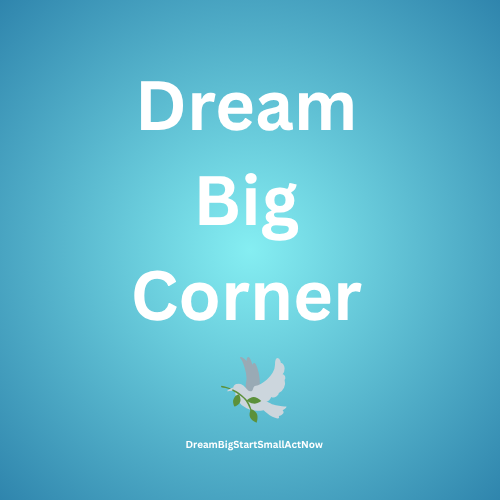Thinking, Fast and Slow
"The illusion that we understand the past fosters overconfidence in our ability to predict the future." – Daniel Kahneman
This book is a fascinating guide to understanding how our minds work and how we make decisions. Kahneman shows us that much of our thinking happens automatically and quickly, but these fast judgments can lead to errors. By recognizing these patterns, we can learn to slow down, think more critically, and make better choices.
1. Two systems of thinking
"Some decisions need speed, others need thought."
System 1 is fast, intuitive, and emotional — perfect for everyday decisions. System 2 is slower, deliberate, and logical — essential for complex problem-solving. Understanding when to rely on each system is key to smarter decision-making.
2. Cognitive biases
"Our minds often trick us without us realizing it."
We all have mental shortcuts that can lead to errors, like overestimating probabilities or anchoring to first impressions. Becoming aware of these biases helps us make clearer, more rational choices.
3. Overconfidence
"Confidence isn’t always truth."
We tend to overestimate what we know and our ability to predict the future. Recognizing the limits of our knowledge allows us to approach decisions with humility and caution, especially in uncertain situations.
4. Loss aversion
"Losses hurt more than gains feel good."
The fear of losing can drive decisions more than the desire to win. Kahneman teaches us to spot this tendency so we can make choices based on reason rather than fear.
5. Framing effects
"How you see it changes everything."
The way information is presented influences our choices. Even identical facts can lead to very different decisions depending on how they’re framed. Awareness of this effect helps us think more clearly and act intentionally.
Conclusion
Thinking, Fast and Slow is a masterclass in understanding the human mind. By learning how we think, recognizing our biases, and engaging our slower, deliberate thinking when it matters, we can make better decisions, avoid costly mistakes, and navigate life with clarity and insight.

